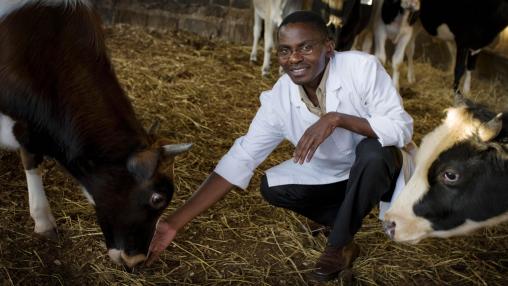
Agricultural Research to Drive Development
While agricultural productivity has increased in Africa south of the Sahara in recent years, it remains far below productivity in other developing regions, and this gap is only increasing, according to a new book released by IFPRI’s Agricultural Science and Technology Indicators (ASTI) program this week. This low productivity has undermined the competitiveness of Africa’s agricultural sector both at home and abroad and could exacerbate both poverty and food insecurity in the region due to a growing reliance on increasingly expensive food imports.
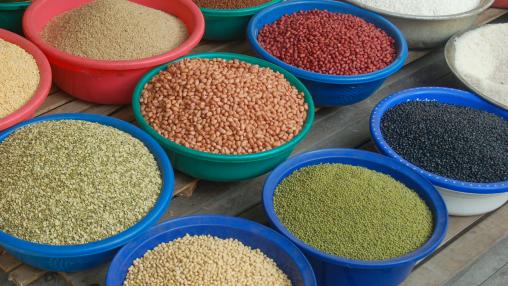
Cautious Optimism for African Agriculture
Cautiously Optimistic Outlook for African Agriculture
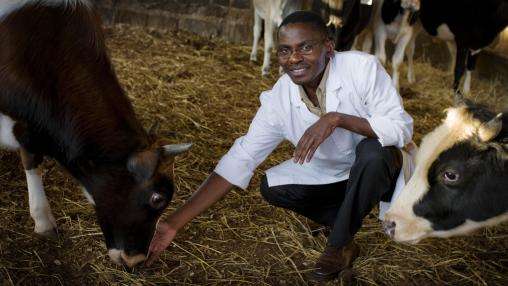
Africa Science Agenda Aims to Make Africa Global Breadbasket
The 7 th Africa Agriculture Science Week (AASW) and Forum for Agricultural Research in Africa (FARA) General Assembly was held from June 13-16 in Kigali, Rwanda. The event, held every three years, brings together key stakeholders in African agricultural science, technology, and innovations to coordinate strategies to accelerate the region’s economic and social development.
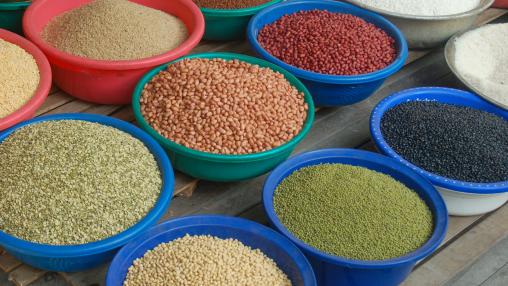
Climate-Proofing the Malabo Declaration
According to a 2014 report by the Intergovernmental Panel on Climate Change (IPCC), by 2050, the impacts of climate change and extreme weather events could increase hunger and child malnutrition by as much as 20 percent. This would mean an enormous setback in Africa’s progress toward the Sustainable Development Goals (SDGs) and could significantly slow the region’s economic development and growth.
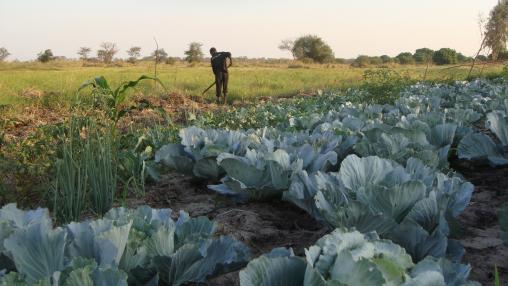
Policy Dialogue in Zambia Highlights Nutrition, Agriculture
In December 2015, representatives from the Zambian Ministries of Agriculture and Fisheries and Livestock, the EU, IFPRI , the Indaba Agricultural Policy Research Institute (IAPRI) , Zambia’s CSO-SUN Alliance , and Zambia’s National Food and Nutrition Commission met at the “Enhancing the link between evidence and agriculture, food, and nutrition” policy dialogue. The event focused on painting a clearer picture of the global food and nutrition security environment and assessing Zambia’s risks and opportunities regarding its domestic food and nutrition security.
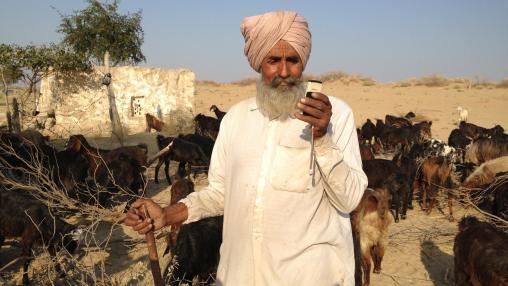
The Digital Revolution in Agriculture: Progress and Constraints
The surge in digital technologies available over the past few decades has transformed virtually every sector of the global economy, and agriculture is no exception. Information and communications technologies (ICTs) such as mobile phones and SMS messaging are changing the way farmers track weather patterns, access market information, interact with traders and government agencies, and get paid for their crops.
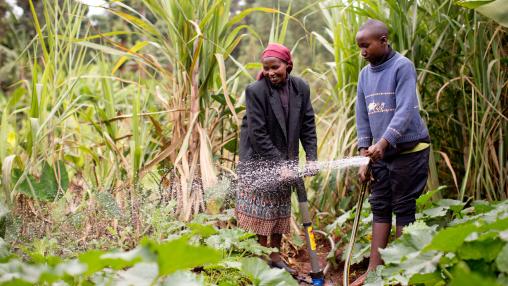
Climate-Smart Agriculture: Kenya Country Profile
Continuing its series on climate-smart agriculture (CSA), the World Bank has recently released a country profile for Kenya . Of the country’s 42.7 million people, 74 percent live in rural areas; agriculture employs more than 80 percent of Kenya’s rural workforce and provides about 18 percent of the country’s total formal employment. Over the past 30 years, the agricultural sector has contributed 28 percent of the country’s GDP and 65 percent of the country’s total export earnings.
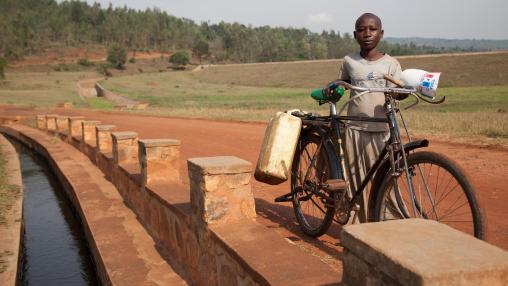
Climate-Smart Agriculture: Rwanda Country Profile
Agriculture plays a major role in the economy and labor market of Rwanda, as it does in many countries in Africa south of the Sahara. The agricultural sector made up one-third of the country’s GDP in 2009-2013 and employed more than 80 percent of the Rwandan population (World Bank, 2015). With a changing climate providing new production challenges and an increasing population driving greater demand for food, however, agriculture needs to adapt if it is going to continue to be a sustainable economic mainstay.
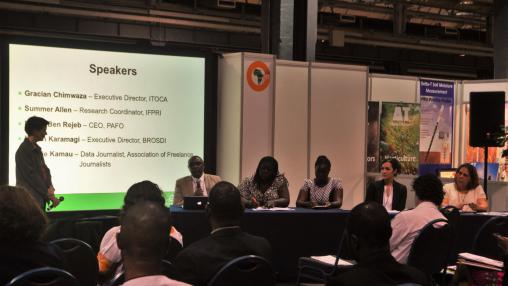
Open Data for Agriculture and Nutrition
This post contains excerpts from the Global Open Data for Agriculture and Nutrition (GODAN) blog .
The first Global Forum for Innovations in Agriculture (GFIA) , Africa Edition, was held on December 1-2 in Durban, South Africa. The meeting brought together policymakers, private sector actors, farmers’ organizations, and international organizations to discuss innovations, investments, and policies for advancing Africa’s development through improvements in data collection to provide relevant and timely information for agricultural producers.
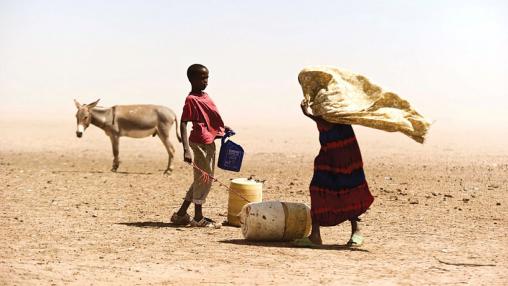
Why Paying Attention to Gender Matters for Climate Change Adaptation
This post was originally published on IFPRI.org . By Elizabeth Bryan , Patti Kristjanson , and Claudia Ringler
Until recently, there has been little evidence supporting the need to focus on the gendered dimensions of agriculture and climate change. Why? Because few researchers have been talking to women in agriculture as well as men--both of whom contribute to solving the food security challenges posed by climate change.